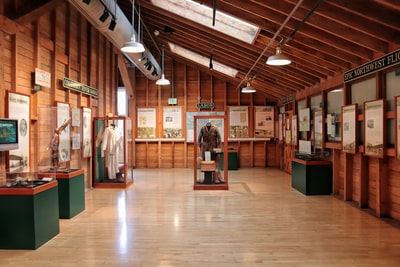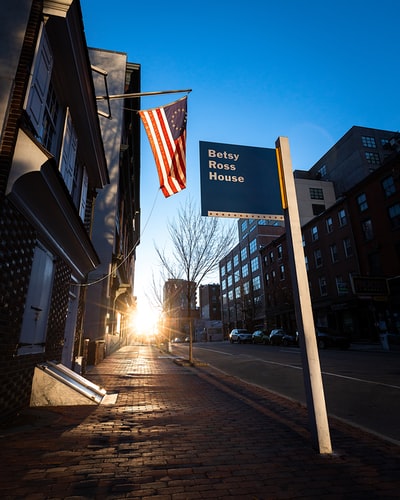Bombings on the Mainland

Attempts to Build Peace in the 1980s

However, there were some developments in how the Troubles played out:
Prison protests – an increasingly large number of Nationalist and Unionist paramilitaries started to fill Northern Ireland’s jails. Various protests were launched over the seventies and eighties by inmates, generally in response to the way they were treated in the justice system. The most dramatic case of this was the 1981 hunger strike, where 10 Republican prisoners starved themselves to death in protest of the fact that it was decided that they would be treated as ordinary criminals rather than as political prisoners. At the same time as the strike was taking place, a by-election was held for the Fermagh and South Tyrone UK Parliament seat. One of the hunger strikers, Bobby Sands, was nominated for the seat and won the election. The combination of the two events created a huge amount of publicity for the Republican movement, and helped bring more people behind the more radical sides of the Republican cause. Sands died just a month after he was elected, and 100,000 people attended his funeral.
Anglo-Irish Agreement, 1985 – The protests, the rise of the more militant Sinn Fein and the on-going bombing campaigns all suggested that peace was a long way off. However, the British and Irish governments seemed eager to try and negotiate a solution, even if Republicans and Unionists in Northern Ireland were as bitter enemies as ever. In November 1985 Margaret Thatcher and Garret FizGerald, her Irish counterpart, signed an agreement that gave the Irish government a consultative role in the way Northern Ireland was governed.
Unionists were predictably outraged by the agreement, the thought of the Irish Republic being involved in the running of Northern Ireland appalling them. And on the Republican side, while the more moderate SDLP supported the agreement, Sinn Fein and the PIRA rejected it for exactly the opposite reason to the Unionists: because it recognised that Northern Ireland was a part of the United Kingdom and kept Ireland divided.
The Northern Ireland Assembly, 1982-1986 – Another attempt was made to set up some form of home rule in Northern Ireland with the creation of another assembly in 1982. Northern Ireland would still mainly be run from London, with the assembly merely limited to examining government policies. However, it was hoped powers could be devolved to the assembly at a later date.
However, the Assembly achieved little, in large measure because both Unionists and Republicans boycotted it at different points. Neither side was particularly interested in making the assembly work as a governing body, and as a result it was abolished in 1986.
Test It!

Why did Terence O’Neill’s attempts to bring in reforms in Northern Ireland fail?
Why did the Sunningdale Agreement fail?
Explain the significance of the events of Bloody Sunday
How successful were the prison protests?
What were the consequences of the British Army’s presence on the streets of Northern Ireland?
Explain the significance of the Battle of the Bogside
Why did Sinn Fein become more popular?
Did the presence of the British Army play during the Troubles increase or decrease tensions?
How close was Northern Ireland to peace by the mid-1980s?